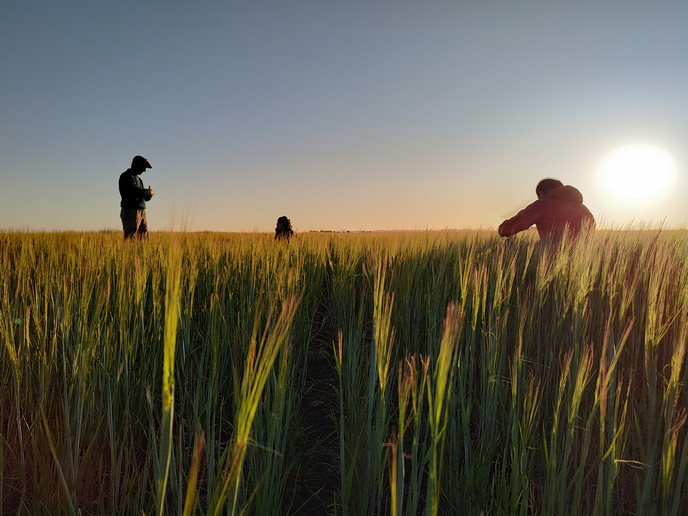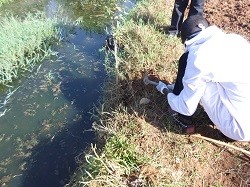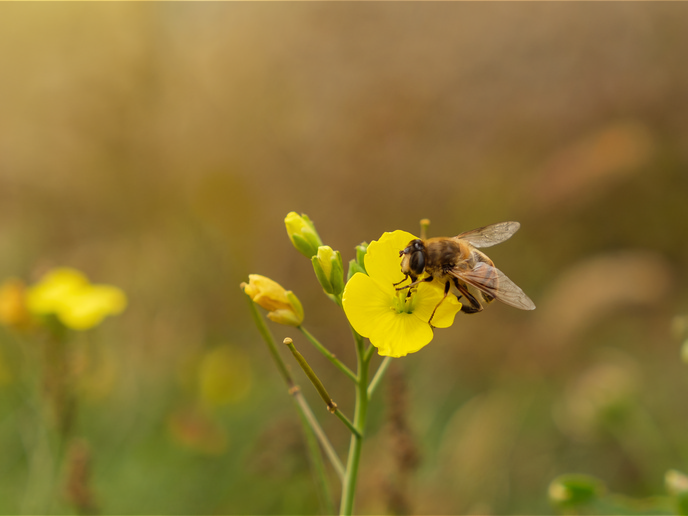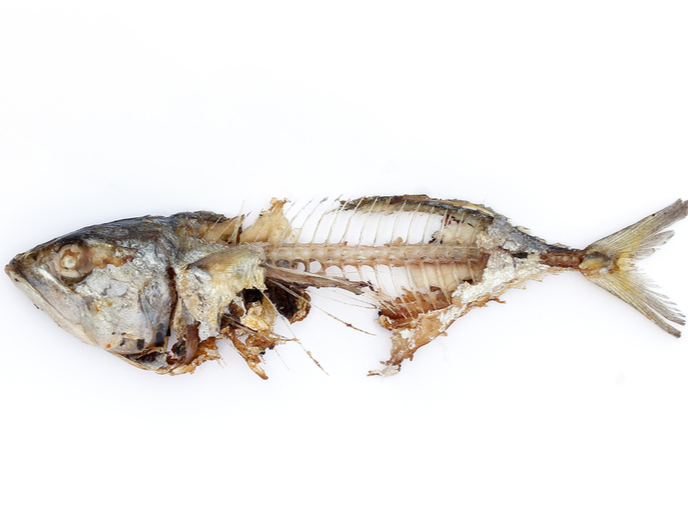Digging deeper for sustainable soil management and climate resilience
Sustainable soil management is crucial for food security and environmental resilience, but there are still knowledge gaps related to soil and its complexity. The EU-funded SOILGUARD(opens in new window) project rose to this challenge by creating a framework to assess soil biodiversity that includes wider environmental and social dimensions. “Our framework was developed with an integrative nature, focusing on the connections between soil management, biodiversity, multifunctionality and human well-being,” explains Cristina Yacoub, SOILGUARD project coordinator. The SOILGUARD framework(opens in new window) also stands out for its co-creation process, involving different stakeholders both in the scientific and practical realms.
Understanding soil biodiversity
SOILGUARD carried out a full soil biodiversity assessment in 10 countries, collecting more than 200 samples. Including the analysis of the variety, number and interactions of soil animals and microorganisms, it compared their diversity with the effects of location, soil attributes, climate, land use and landscape features. The importance of soil biodiversity in maintaining soil multifunctionality was assessed through 27 indicators covering six contributions of nature to human populations. The importance of soil is reflected in the wide range of these functions – food production, soil formation and protection, climate regulation, regulation of hazards and extreme events, regulation of detrimental organisms and regulation of fresh water. This comprehensive analysis revealed crucial insights about soil biodiversity patterns. Demonstrating that climate and region-specific soil features are primary determinants of soil biodiversity, the effects of different management practices can vary significantly by location and organism type. Yacoub highlights one significant finding: “Shifting from conventional to organic farming would be more beneficial for fungi than for prokaryotes (single-celled organisms like bacteria) or soil invertebrates, especially in arid conditions and degraded soils.” Climate change resilience was also a focus of the project, with field simulations of drought and heatwave conditions conducted across seven EU regions. Results showed that soils can generally withstand short-term climate stress. However, they found growing effects on biodiversity linked to crops and eukaryotes (organisms whose cells contain a membrane-bound nucleus), which could affect crop performance and soil functions in the long term.
From collaboration to practice
The results of the project emerged through extensive collaboration with farmers, agricultural advisors, community representatives, researchers and policymakers. “One of the main objectives of SOILGUARD was to include as many voices, opinions and criteria as possible,” says Yacoub. “The SOILGUARD Network of Knowledge (SNoK) has been the space that facilitates the exchange of information while bridging the gap between different knowledge holders, actors and decision-makers.” SNoK fostered knowledge sharing through 13 specialised workshops, 23 in-person communications and two major events across Argentina, Cameroon, Europe and Thailand. The project’s knowledge is also shared through the SOILGUARDIANS app(opens in new window), a predictive tool designed to support stakeholders on the transition to sustainable soil management. The app allows users to visualise soil data through interactive graphics, predict ecosystem services under different management strategies and compare soil metrics with other European regions. Additionally, SOILGUARD has contributed to discussions on the EU’s Soil Monitoring and Resilience Directive and developed harmonised soil biodiversity indicators(opens in new window) for EU-level monitoring systems. The team identified four indicators – fungal abundance, prokaryotic richness, mite abundance and microbial storage biomass – that capture approximately 70 % of soil biodiversity variation and can be applied to different European farmland regions.







